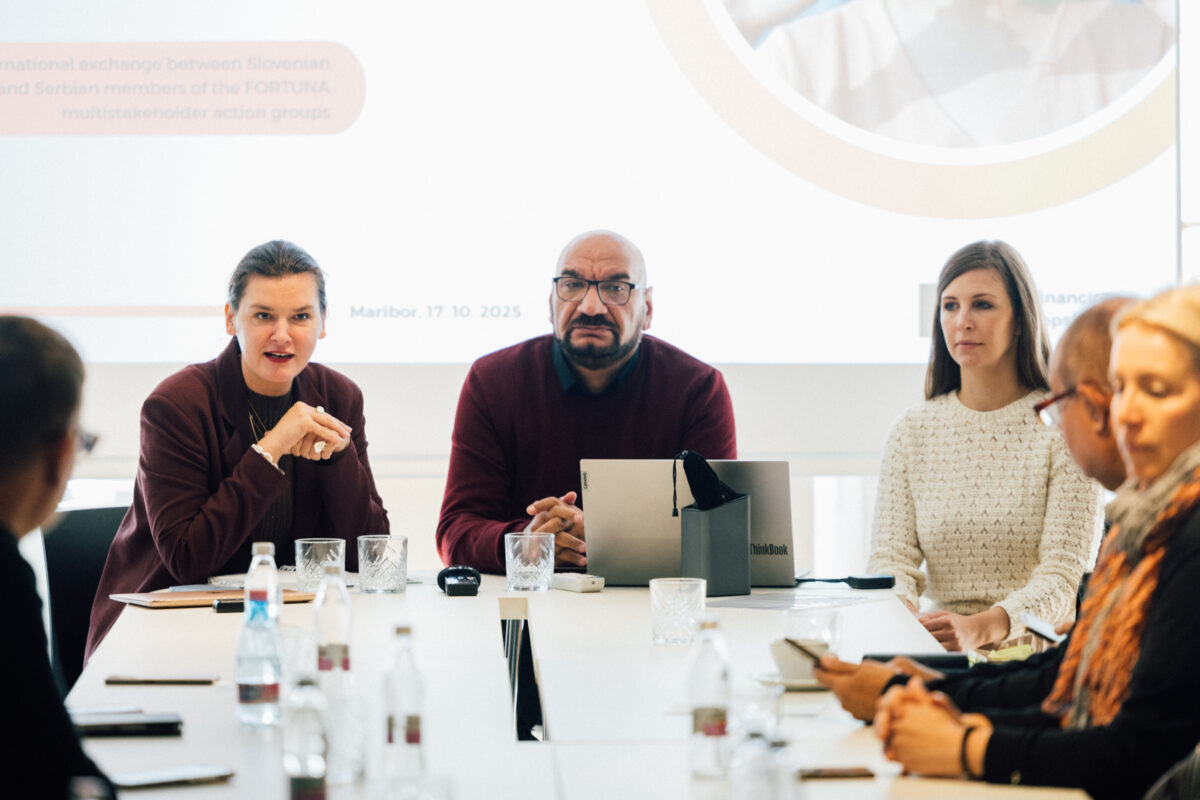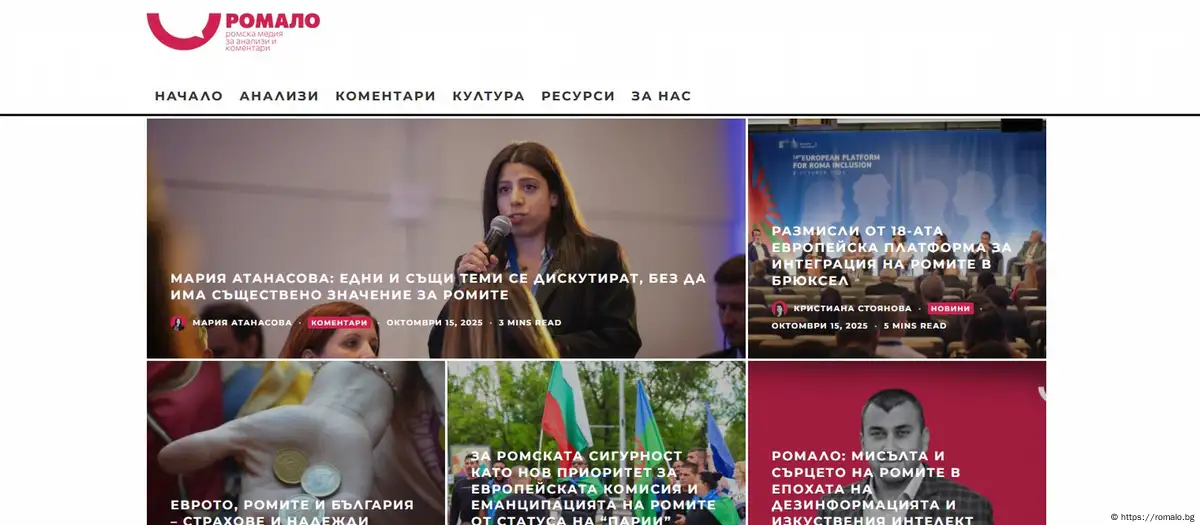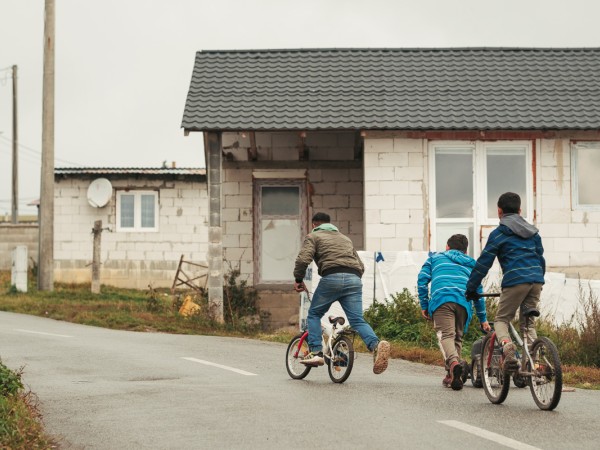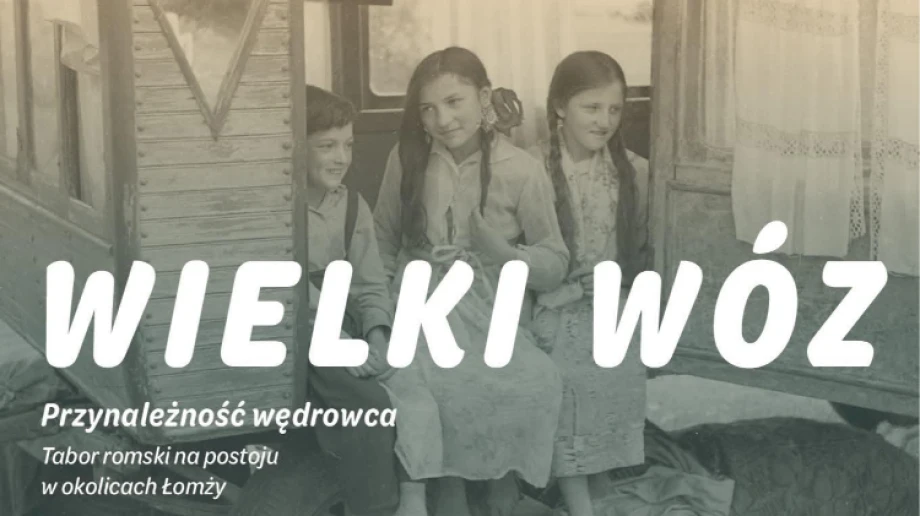The Institute for the Study of Gender Equality (Ipes) presented the Fortuna project, which addresses discrimination in healthcare, which makes it more difficult for Roma men and women to access services and often receive worse treatment. They investigated administrative, linguistic and logistical barriers, lack of information, distrust in institutions, experiences of discrimination, as well as the quality of treatment received by members of this largest European minority, which is known to have a significantly worse health picture compared to the majority population. According to Ana Pavlič, Ipesa’s program director, life expectancy in Slovenia for its members is more than 20 years lower, and child mortality is four times higher. A major indicator of inequality in health care is also early childbirth, with two-thirds of births among Roma women occurring between the ages of 15 and 24. “So women are starting to give birth at very young ages, which certainly indicates a high level of distrust in health institutions related to contraception and reproductive rights,” Pavlič said at a press conference.
- Diskriminacija v zdravstvu: Romi težje dostopajo do storitev in so deležni slabše obravnave. In: Večer. 18.10.2025. https://vecer.com/maribor/aktualno/diskriminacija-v-zdravstvu-romi-tezje-dostopajo-do-storitev-in-so-delezni-slabse-obravnave-10395106
- FORTUNA v Mariboru: mednarodni seminar začrtal konkretne korake za pravičnejšo zdravstveno obravnavo Romov in Rominj. In; Lokalec. 23.10.2025. https://www.lokalec.si/fortuna-v-mariboru-mednarodni-seminar-zacrtal-konkretne-korake-za-pravicnejso-zdravstveno-obravnavo-romov-in-rominj/








